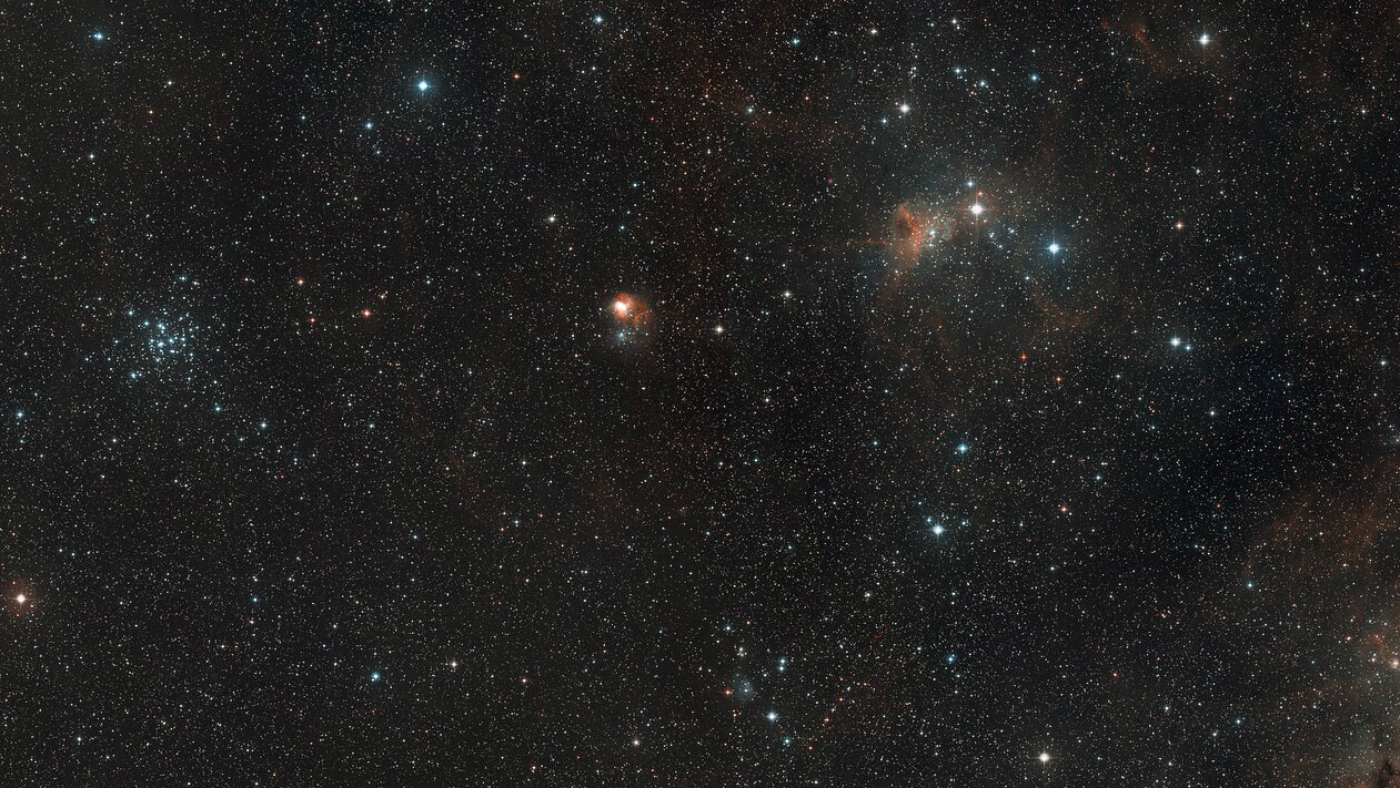Have scientists found the origin of life on Earth?
Study finds the key element phosphorus forming on a comet around Jupiter

A free daily email with the biggest news stories of the day – and the best features from TheWeek.com
You are now subscribed
Your newsletter sign-up was successful
A chemical element fundamental to all life on Earth may have arrived from deep space carried on comets, scientists say.
Phosphorus is present in the DNA and cell membranes of all living organisms, but is extremely rare in the universe. The “question of how it actually got to the early Earth has remained a mystery”, The Independent says.
But a new study published in the journal Monthly Notices of the Royal Astronomical Society has revealed that the element forms amid the birth of new stars and may have first arrived on Earth in the form of phosphorus monoxide molecules, or phosphorus bonded with one oxygen molecule.
The Week
Escape your echo chamber. Get the facts behind the news, plus analysis from multiple perspectives.

Sign up for The Week's Free Newsletters
From our morning news briefing to a weekly Good News Newsletter, get the best of The Week delivered directly to your inbox.
From our morning news briefing to a weekly Good News Newsletter, get the best of The Week delivered directly to your inbox.
The study found phosphorus monoxide in 67P/Churyumov-Gerasimenko, a comet circling Jupiter, demonstrating that the chemical may have been brought to Earth on comets.
According to Digital Trends, scientists from the European Southern Observatory used the Atacama Large Millimeter/Submillimeter Array (ALMA) in Chile to study the star-forming region AFGL 5142.
“Here, phosphorus-bearing molecules of phosphorus monoxide form when massive stars are born,” the tech site adds. “As the young stars develop, they cause flows and cavities in the gas surrounding them, and the phosphorus molecules form on these cavity walls.”
By observing the clouds of gas and dust that form new stars, the team observed phosphorus-bearing molecules being created alongside the creation of stars.
A free daily email with the biggest news stories of the day – and the best features from TheWeek.com
“It is still a mystery how phosphorus became available on early Earth,” says Victor Rivilla, researcher at Italy’s Arcetri Astrophysical Observatory and lead author of the study.
“Our work has shown that a significant amount of phosphorus is already available in the first stages of the formation of stars and also in the initial ingredients of our Solar System.”
“Phosphorus is essential for life as we know it,” Kathrin Altwegg, another author of the study, added. “As comets most probably delivered large amounts of organic compounds to the Earth, the phosphorus monoxide found in comet 67P may strengthen the link between comets and life on Earth.”